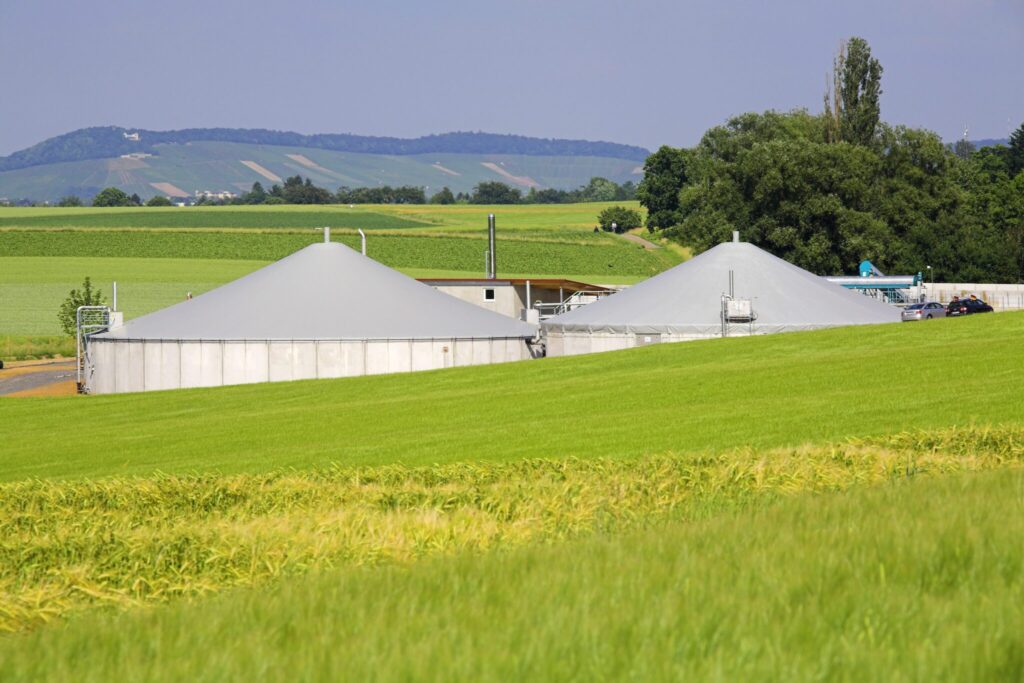Renewable Natural Gas (RNG): Harnessing Waste for Environmental Benefits
Renewable Natural Gas (RNG), also known as biomethane or biogas, is a sustainable energy source derived from organic waste materials. Unlike conventional natural gas extracted from fossil fuel reserves, RNG is produced through the anaerobic digestion or thermal gasification of biodegradable feedstocks such as agricultural residues, food waste, wastewater solids, and landfill gas. Here’s how RNG helps the environment:
1. Methane Emissions Reduction:
RNG production helps mitigate greenhouse gas emissions by capturing methane, a potent greenhouse gas with a significantly higher warming potential than carbon dioxide. By diverting organic waste from landfills and other sources, RNG facilities prevent methane emissions from entering the atmosphere, thereby reducing the overall carbon footprint.
2. Waste Diversion and Management:
RNG facilities provide an environmentally sustainable solution for managing organic waste that would otherwise contribute to landfill pollution and greenhouse gas emissions. By converting waste into energy, RNG helps divert organic materials from landfills, minimizes landfill space requirements, and reduces the environmental impacts associated with waste disposal.
3. Renewable Energy Generation:
RNG serves as a renewable energy source that can be used for electricity generation, heating, and transportation fuel. When combusted, RNG produces energy in the form of heat and electricity, displacing fossil fuels and reducing reliance on non-renewable resources. As a renewable alternative to conventional natural gas, RNG contributes to a more sustainable and diversified energy portfolio.
4. Circular Economy:
RNG production embodies the principles of a circular economy by closing the loop on organic waste streams and transforming them into valuable resources. By converting waste into energy and useful byproducts such as nutrient-rich digestate or soil amendments, RNG facilities create economic value from materials that would otherwise be discarded, thereby promoting resource efficiency and circularity.
5. Air Quality Improvement:
Replacing fossil fuels with RNG for transportation and stationary applications can improve air quality and public health by reducing emissions of harmful pollutants such as nitrogen oxides (NOx), particulate matter (PM), and volatile organic compounds (VOCs). RNG combustion produces fewer pollutants than conventional diesel or gasoline, leading to cleaner air and healthier communities.
6. Climate Change Mitigation:
As a low-carbon alternative to fossil fuels, RNG plays a crucial role in mitigating climate change by displacing emissions from conventional natural gas, diesel, and gasoline. The use of RNG helps reduce the carbon intensity of energy production and transportation, contributing to global efforts to limit temperature rise and transition to a low-carbon economy.



